|
In late January 2022, a single headline dominated papers across Australia. People reading the Blue Mountains Gazette, Townsville Bulletin, Naracoorte Herald, Port Stephens Examiner, Bega District News and Deniliquin Pastoral Times and even the Manjimup-Bridgetown Times, learned of the passing of an elderly nun in Adelaide on Australia Day. AUSTRALIA’S SINGING NUN, SISTER JANET MEAD, DIES AGED 84. Most focussed on the remarkable fact that in 1974, this young music teacher had scored a hit on the pop charts with a rock-version of what is known the world over as ‘The Lord’s Prayer.’ The single was distributed to 31 countries and sold more than 2 million copies worldwide. Janet Mead became the first Australian recording artist to have a gold record in the United States and it was the only Top Ten hit in history with lyrics entirely taken from the Bible. The humble singing nun from Adelaide was nominated for a Grammy Award, but lost out to Elvis Presley! No-one drew attention to the fact that the powerful lyrics of the prayer composed by Jesus had been a ‘hit’ for nearly 2000 years prior to that, known by heart to millions in every nation on earth!
Janet Mead’s passion to connect her faith to her generation through music began at 17 when she formed a band at her local Adelaide church. She started exploring the "Rock Mass" concept in the early 1970s, with a mind to make church services more vital for her students. She taught them to believe, ‘Everyone has a song!’ Dumbfounded by her meteoric success, Janet declined to cash in on a lucrative offer to play coast-to-coast in the United States, preferring to donate royalties from her hit record to charities. When the pressure to do media interviews became intrusive, she resolved to concentrate on her commitment to serving the needy, rather than be side-tracked by the superficial success in the pop world. There’s a lesser known backstory that explains the steel in her spine. The thread can be traced to the birth of a baby girl, Catherine McAuley, in Dublin Ireland in 1788, about the same time the First Fleet was settling in Botany Bay. Catherine was adopted after her parents died and she grew up in the household William and Catherine Callaghan. This kind couple were Quakers – a Christian group known in the early 1800’s for their dedication to social action. At that time, one of their number, Elizabeth Fry, was challenging the appalling conditions in women’s prisons across England and had a team dedicated to alleviating the suffering of female convicts being transported to Australia. The Callaghans left Catherine a legacy which she used to build a school for poor girls and a shelter for homeless servant girls and women. In 1827, when Ireland was facing starvation with tenant farmers being forced off their land, she opened The House of Mercy in Dublin. The Catholic hierarchy was unsettled by the rapid success of Catherine’s independent mission and pressured her to become the head of an order – and so the Sisters of Mercy came into being. Catherine called young women to a sacrificial life of prayer, counselling, education and caring for the sick and destitute. She chose not to locate her teams in convents. Rather, they became known as the ‘walking nuns’ because their signature was embedding themselves in communities afflicted by poverty, unemployment and alcoholism or divided by war, and racism. More than that, they worked to address the causes of these social ills. Over the next century, teams of Mercy nuns spread around the globe, with the first community landing in Australia at Fremantle in 1846. Subsequently they spread across the continent. I had a brief connection to their extensive work when my family lived for a year in their Broken Hill convent in 1988 with a mission community of our own. In its heyday, a community of 70 sisters had served this remote region of outback NSW. Very visible on a hill, the beautiful sandstone building had made a strong statement about faith and service given to that tough mining town over decades. I like to think we kept that spirit alive. On the 3rd of May, 1880, twenty-four Sisters who had been running medical and education facilities in Argentina for some years, arrived in Adelaide to repeat their efforts. They made the journey to Australia because political unrest had made it unsafe for them to remain in South America. Nearly a hundred years later, a young Janet Mead joined this proactive group of women. It’s the fact that she dedicated herself to living as part of a mission community which explains why she preferred to stay out of the ‘rock ‘n roll’ spotlight. The musical Janet was attracted to Catherine McAuley’s larger vision for the world and so chose to sing her lyrics into the lives of people who had very little to sing about. When she did get headlines, it was always for taking a public stand on behalf of others. She spoke out against welfare cuts for the working classes, pleaded for the Aboriginal people, supported stevedores during a waterfront dispute and vocalised her anti-war sentiment during the Vietnam conflict. She explained, “I’m a firm believer in protest songs. I’m a firm believer also in protest. When things aren’t right, we’ve the right to sing about them, to speak about them.” Janet summed up the heart-music of her life. "It's a decision that each of us has to make to strive for truth in what's happening in our world and to strive for compassion so that our country might return to the way we were when we said this is a country for a fair go." A critic of the Catholic Church once said, after investigating the work of the Sisters of Mercy, “All-in-all, these are some pretty radical ladies.” In 2004, Janet Mead was named South Australian of the Year, not for her hit-single, but for her years of helping the homeless. So, if you were seeking Australia’s Singing Nun’s secret of success, you wouldn’t find it in the pages of Rolling Stone Magazine. It’s more likely located in the cover notes of her first album ‘With You, I Am’. “I believe that life is a unity and therefore not divided into compartments. That means that worship, music, recreation, work and all other ‘little boxes’ of our lives are really inseparable and this is why I believe that people should be given the opportunity to worship God with the language and music that is part of their ordinary life.”
1 Comment
Kenneth MacNeil
7/29/2022 10:18:19 pm
An amazing story! Can her music still be acquired ? Love your stories.
Reply
Leave a Reply. |
AuthorJoin The Outback Historian, Paul Roe, on an unforgettable journey into Australia's Past as he follows the footprints of the Master Storyteller and uncovers unknown treasures of the nation. Archives
October 2023
Categories
All
|
|
Sponsored by
|
Privacy Policy
|
|
Copyright 2020 by The Outback Historian
|
Site powered by ABRACADABRA Learning
|

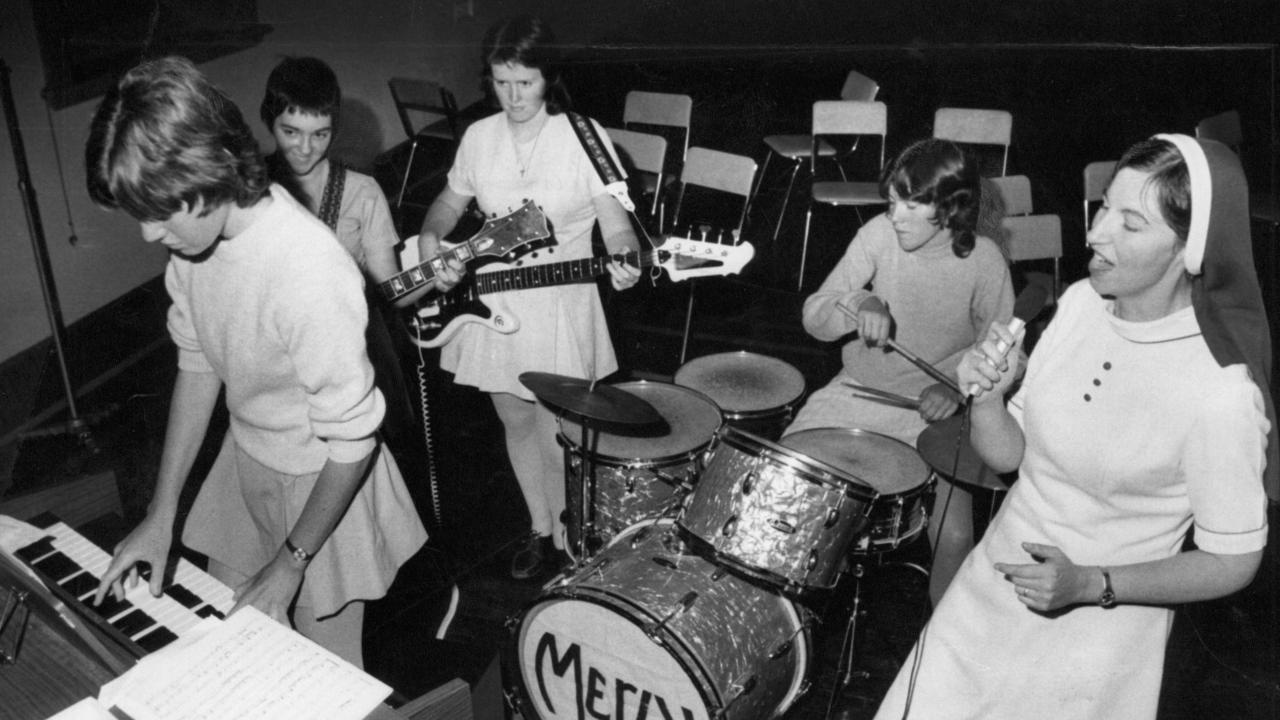
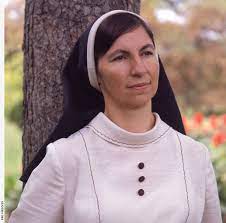
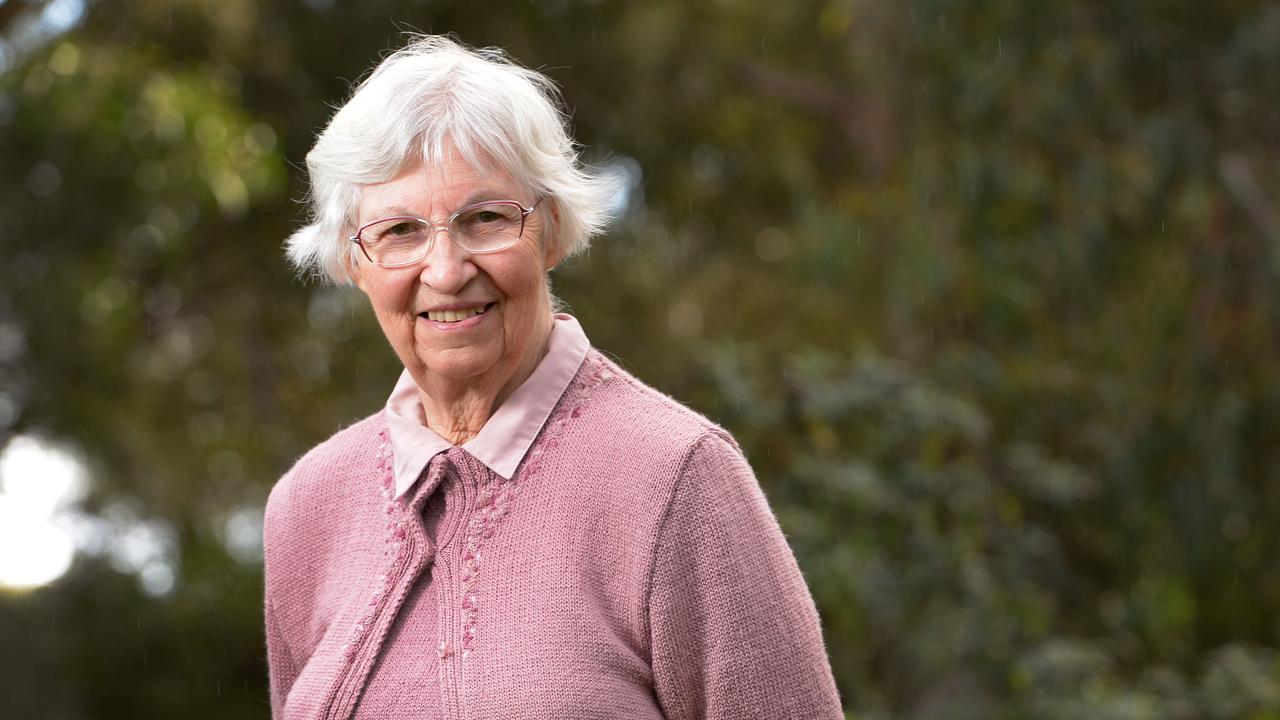
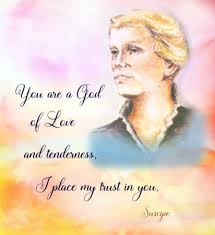
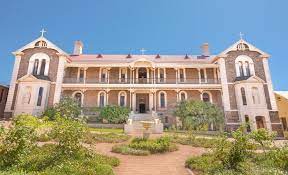
 RSS Feed
RSS Feed

